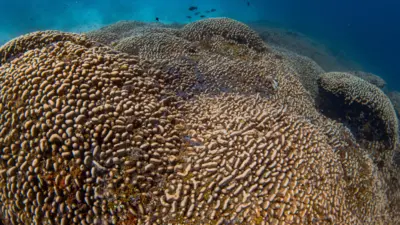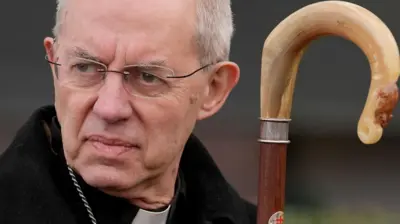We've updated our Privacy and Cookies Policy
We've made some important changes to our Privacy and Cookies Policy and we want you to know what this means for you and your data.
Scientists' hope of growing rare oat seeds 50 years on
A trial is hoping to revive traditional varieties of oat so rare that only a couple of hundred seeds remain.
Varieties like Radnorshire Sprig and Hen Gardie were once a common sight across Wales, but some have not been grown for 50 years.
Those behind the trial in Pembrokeshire believe they could provide a valuable source of food for the future.
The scientists from Aberystwyth University want to find out how the varieties perform in the field.
If successful, seeds from this initial crop will be shared out to farmers in other parts of Wales for further trials.
This project has been put together by Katie Hastings, the Wales coordinator for the UK and Ireland Seed Sovereignty Programme.
"In the last hundred years we have lost 75% of our crop diversity in the world," she said.
"We've narrowed them down to very few varieties and that's a dangerous situation to be in.
"They might be susceptible to certain diseases or certain climatic conditions and we could lose a lot of our crops because we haven't got that genetic diversity there still."
Samples of the seeds have been stored by Aberystwyth University at its Institute of Biological, Environmental and Rural Sciences.
Scientists there have been testing out the old varieties and are keen to study how they grow when planted in fields around Wales.
Dr Catherine Howarth, the institute's head of oat breeding, said these varieties disappeared from the landscape as new ones were bred which were shorter, did not fall over as much, and produced a higher yield.
"But we don't know what we have lost in the process of breeding these new varieties."
"There may be interesting things like disease resistance that have been lost in the breeding process," she said.
Gerald Miles has lent a plot of land for the trial on his farm in St Davids.
He is teaching other farmers - who have never seen the seeds before - how to plant and manage them as they grow.
He believes the old varieties will open up new possibilities for farmers across Wales.
"This is the food of the future," he said.
Top Stories
More to explore
Most read
Content is not available








